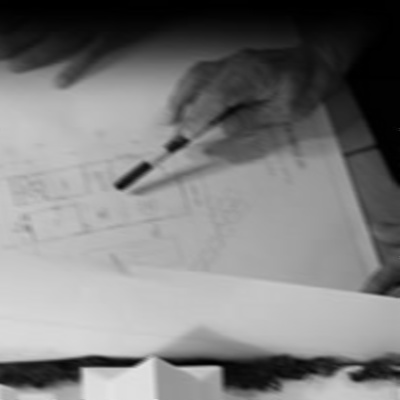"At the end of each project, we call in external auditors to audit the quality of our work and give us a full report, including where the building may fall short."
It seems to be the most-favoured system for large projects but I think it has outlived its usefulness; the method is clouded by the perception that whoever is desperate enough will get the job. So it's almost synonymous with rock-bottom prices, sub-standard workmanship, inferior materials, poor quality control and so little margin that there is no cushion for any unexpected events or movement in raw material costs.
In Europe and Japan, projects are awarded through a pre-qualification process based on the soundness of the company's internal system of operation. This may just be the viable alternative to replace the tender system.
We do get customers who call and invite us to submit bids, but we let them know that our business model is so different that chances are, if we do join the tender, they'll get back the same pricing returns. The value proposition of turnkey is that design, specification, supervision and construction are a single and central concern, not disparate roles handled by various parties. We undertake the collective responsibility for the project from start to finish.
We work closely with the home-owner, and invite his presence at key installation stages, where we also share pointers on what to look out for. At the end of each project, we call in external auditors to audit the quality of our work and give us a full report, including where the building may fall short. Our aim is for a perfect audit assessment. Our clients are always impressed that we would go the extra mile to pay, and set aside time, for this third-party audit, and that we are committed to setting right any problems with the building before we hand over our work.
As an annual exercise, we also appoint independent industry professionals to audit specific aspects of the works. These could be critical aspects of our systems or the buildings themselves. The audit panel may comprise Architects, Surveyors or BCA-certified Clerks-of-works. The certification process follows a strict format and criteria, and includes a slew of photographic records, among other things.
Quality underlies our brand promise. But despite our best efforts, the quality of supply is not always up to par. This is not an excuse, it's a reality. We try to work with only the people we trust, people who have pride in their work and share our philosophy. But 100 per cent perfection is not always attainable, especially in Asia, where many people join the construction industry as a last resort. There must be a compromise somewhere, and we work hard to ensure that the clients understand this early on, and can accept it.
It's part of a broader business strategy as well as our contribution to the industry. There are many firms which are willing to work hard but lack the know-how. Our programme provides a tried-and-tested model to help firms manage their projects more effectively. With financial discipline at the core, it recommends strict and tight control at every stage – from administration to finance and approved suppliers. This will help the firms turn in a profit and sustain their operations.
There is abundant supply of resources, labour and materials everywhere. As each building site is a unique location, licensing can address the differences and also unite participants through a common blueprint for design, procurement and management.
As the potential licensees go through our programme, they will realise the value we can add to their operations. The on-the-job training process helps to secure their future earnings, and also pays them an equitable monthly income during training.
For the industry, when players have the basic tools to make a decent living and not have to constantly worry about survival, the focus will shift to quality. Everyone wins in the end.
We have an annual brochure which has gained a loyal following. We're also producing several information booklets generic to home-building and homeownership, and titles on how to work with Meridian Homes®.
We have been particularly active in reviewing technical details. If you refer to our website www.meridianhomes.com.sg, we have a regular section dedicated to this. Some people call this 'hands-on research'. Whatever the name, there appears to be a paucity of this type of service for the end-user. As a home-builder, I think we are in the best position to provide this service.
